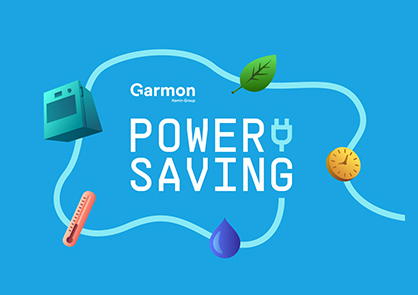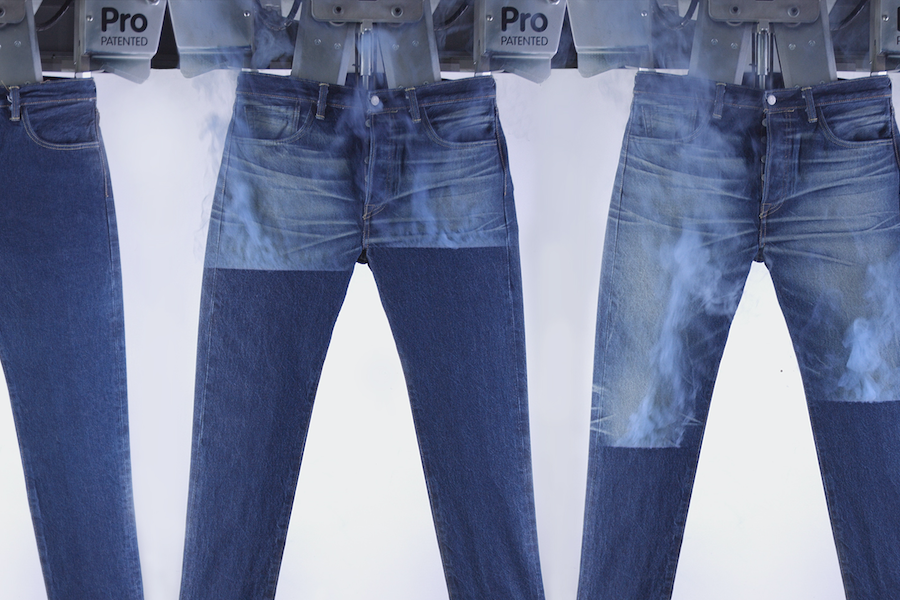#Textile chemistry
Garmon Chemicals introduces sustainable “Power Saving” approach to support customers in reducing costs and resource consumption
Integrated approach to sustainability improves the efficiency of garment-finishing treatments, lowering costs and limiting resource depletion
Today’s textile industry faces many challenges. With rising prices of energy, gas, water and transportation making a huge impact on apparel production, garment manufacturers are searching for ways to maintain competitiveness in the marketplace. Garmon Chemicals’ Power Saving approach assists producers with sustainable solutions that can help save on costs and resources during a time of fluctuating prices.
• Saving energy:?Power Saving reduces energy consumption, especially in terms of power and fuel. Heating water requires a significant quantity of energy consumption (typically gas), which increases overall costs. Garmon Chemicals’ innovative chemicals do not require high temperatures to activate and can be used at room temperature. By combining these chemicals with new, efficient processes, fuel and power usage during these steps of garment treatment can be lowered by up to 100% and up to 25%, respectively.
• Saving time:?The Power Saving approach limits the steps in bulk apparel production that decrease overall efficiency. By replacing inefficient compounds with Garmon Chemicals’ products, which operate at room temperature, producers can decrease treatment time by up to 30%. Power Saving also uses catalysts to boost the action of other chemicals and equipment, saving time and resources necessary to perform garment treatments.
• Saving water: ?Water is a critical natural resource, and the textile industry has a significant impact on worldwide water consumption. Garmon Chemicals’ Power Saving approach employs its technologies and systems, such as Smart Foam, to save up to 80% of water when treating garments, which lowers the water utility costs of finishing treatments and makes doing so more sustainable.
Sustainability and efficiency goals can be achieved in different ways, but Garmon Chemicals’ favorite is partnership. Because Garmon Chemicals considers its customers’ specific needs when tailoring a Power Savings approach, the textile auxiliaries business can design the best possible solutions for customers and, in turn, the denim and fashion industries.

For a detailed explanation of the savings customers can achieve with this approach, as well as how the numbers included here have been calculated, visit Garmon Chemicals' website, and click here to contact Garmon Chemicals.










